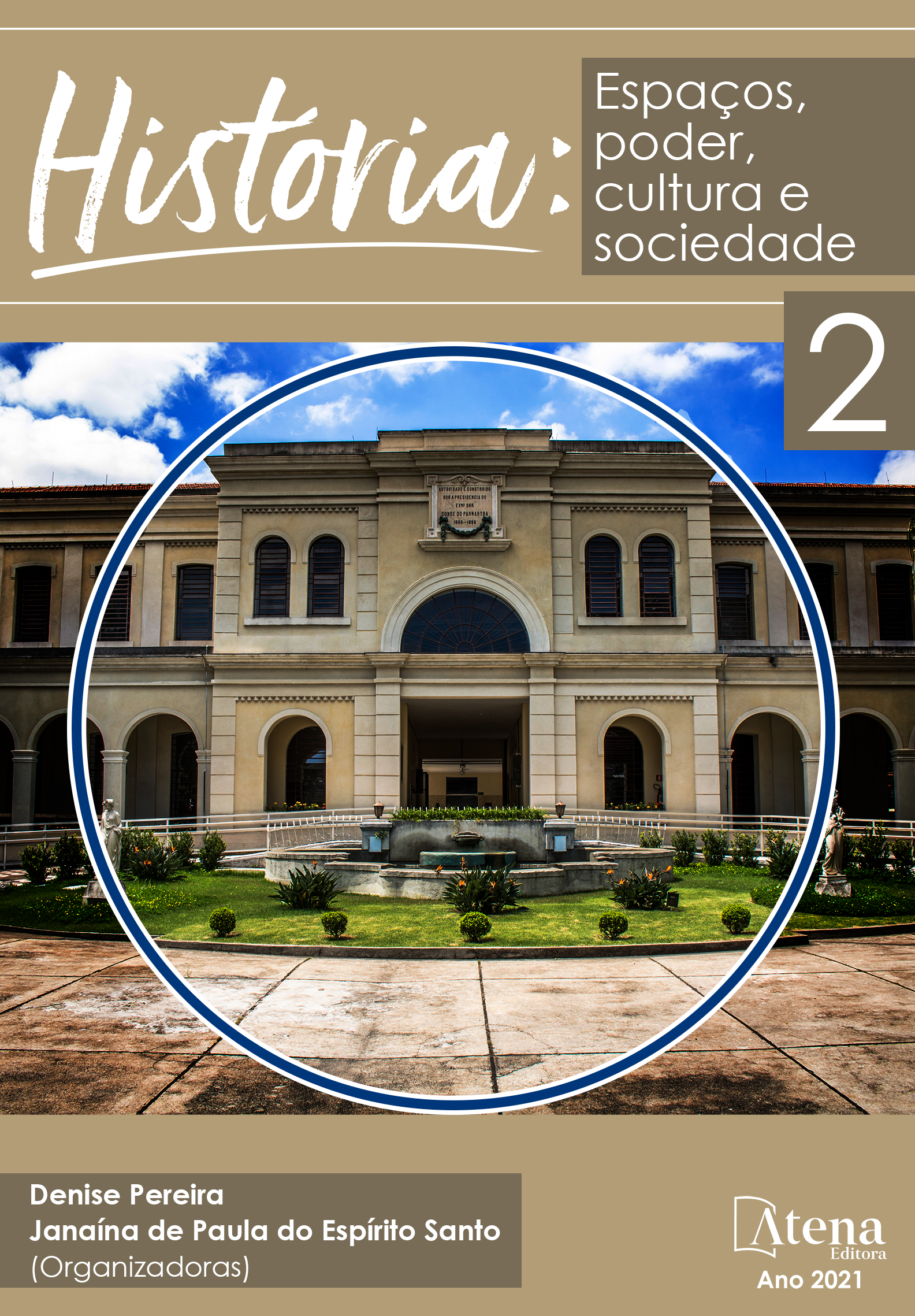
REDES SOCIAIS E RELAÇÕES DE INTERDEPENDÊNCIA ENTRE ESCRAVIZADOS E LIVRES NO SUL DA AMÉRICA PORTUGUESA
Este trabalho tem como objeto o estudo da formação de redes de sociabilidade através da instituição do compadrio católico. Busca-se investigar a utilização deste expediente como estratégia de atuação e reprodução social pelos diferentes estratos que compunham uma comunidade rural situada no Rio Grande de São Pedro, durante a segunda metade do século XVIII. Como corpus principal, trabalhamos com um banco de dados construído a partir da transcrição do primeiro livro de batismos de escravizados e livres da freguesia de Viamão, segunda paróquia fundada naquela Capitania, no ano de 1747. De um total de 559 registros de batismos, selecionamos as cerimônias que contaram com a participação de indivíduos escravizados, chegando a um corpus final constituído por 142 registros. A partir da análise das relações contraídas entre pais e padrinhos nestas cerimônias – e realizando o cruzamento com outras fontes, como os róis de confessados da freguesia – buscamos analisar a construção de relações de interdependência entre os diferentes estratos que conviviam naquela comunidade, com especial interesse em investigar como se deu a participação da população escravizada naquelas tramas sociais constituídas a partir do rito do batismo. Como metodologia de análise, empregamos aportes da História Social, articulados às ferramentas da Social Network Analysis.
REDES SOCIAIS E RELAÇÕES DE INTERDEPENDÊNCIA ENTRE ESCRAVIZADOS E LIVRES NO SUL DA AMÉRICA PORTUGUESA
-
DOI: 10.22533/at.ed.2152118118
-
Palavras-chave: Compadrio; Escravidão; Hierarquias sociais; Social Network Analysis.
-
Keywords: Ritual Kinship; Slavery; Social Hierarchies; Social Network Analysis.
-
Abstract:
This work has as object the study of the formation of sociability networks through the institution of the catholic ritual kinship. It intends to investigate the use of this expedient as a strategy of action and social reproduction by the different social classes that made up a rural community located in Rio Grande of São Pedro, during the second half of the 18th century. Our main corpus was a database built from the transcription of the first book of baptisms of the eslaves and free people in the parish of Viamão, the second parish founded in that Captaincy, in the year 1747. From a total of 559 baptism records, we selected the ceremonies that had the participation of slaves, reaching a final corpus consisting of 142 records. Starting from the analysis of the relationships contracted between parents and godparents in these ceremonies - and crossing with other sources, such as the confessed lists of the parish - we seek to analyze the construction of interdependent relationships between the different social classes that lived in that community, with special interest in investigating how the participation of the slave population happened in those social networks constituted from the rite of baptism. As a methodology, we used contributions from Social History, articulated with Social Network Analysis tools.
-
Número de páginas: 15
- Israel Aquino


